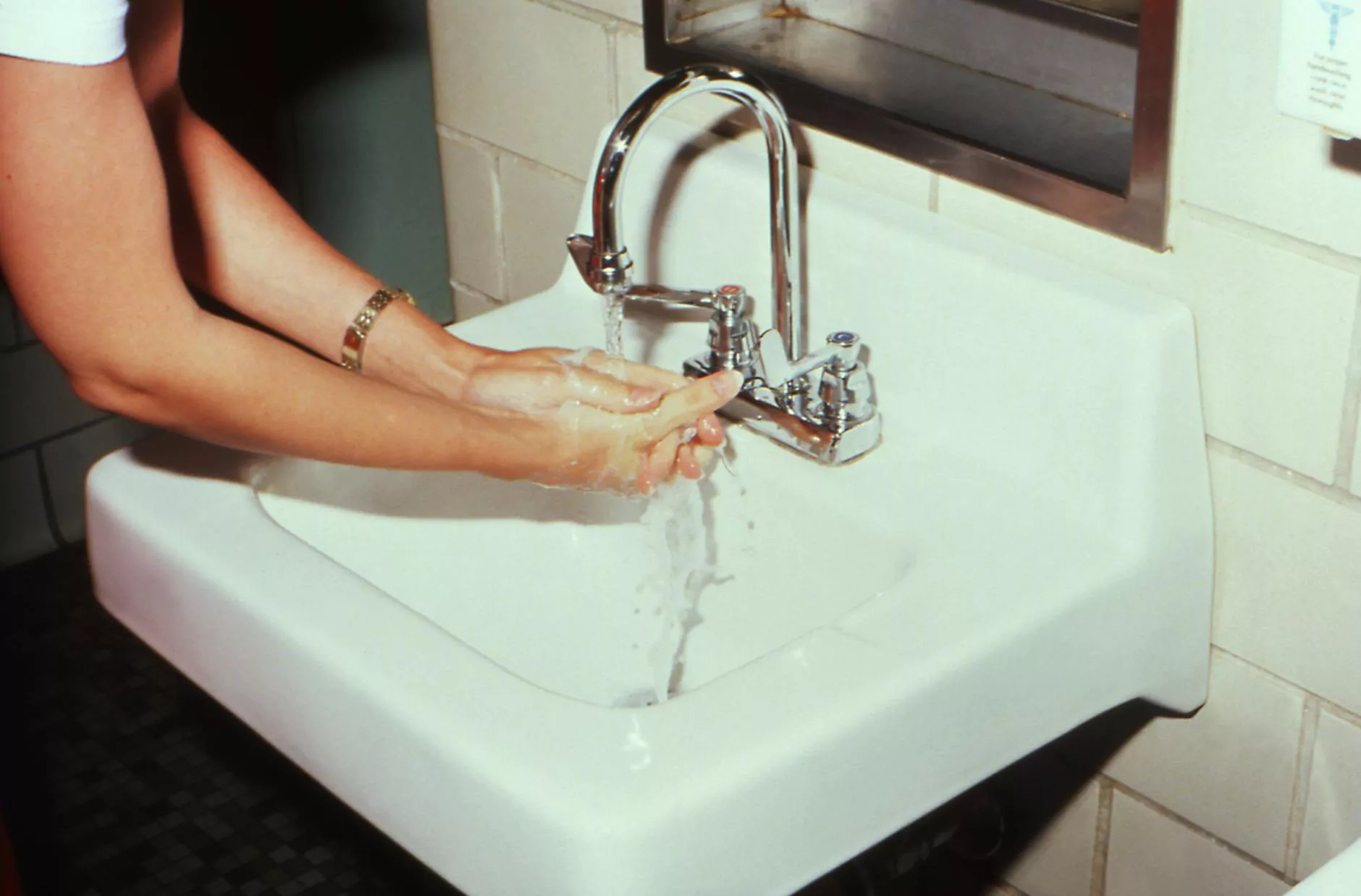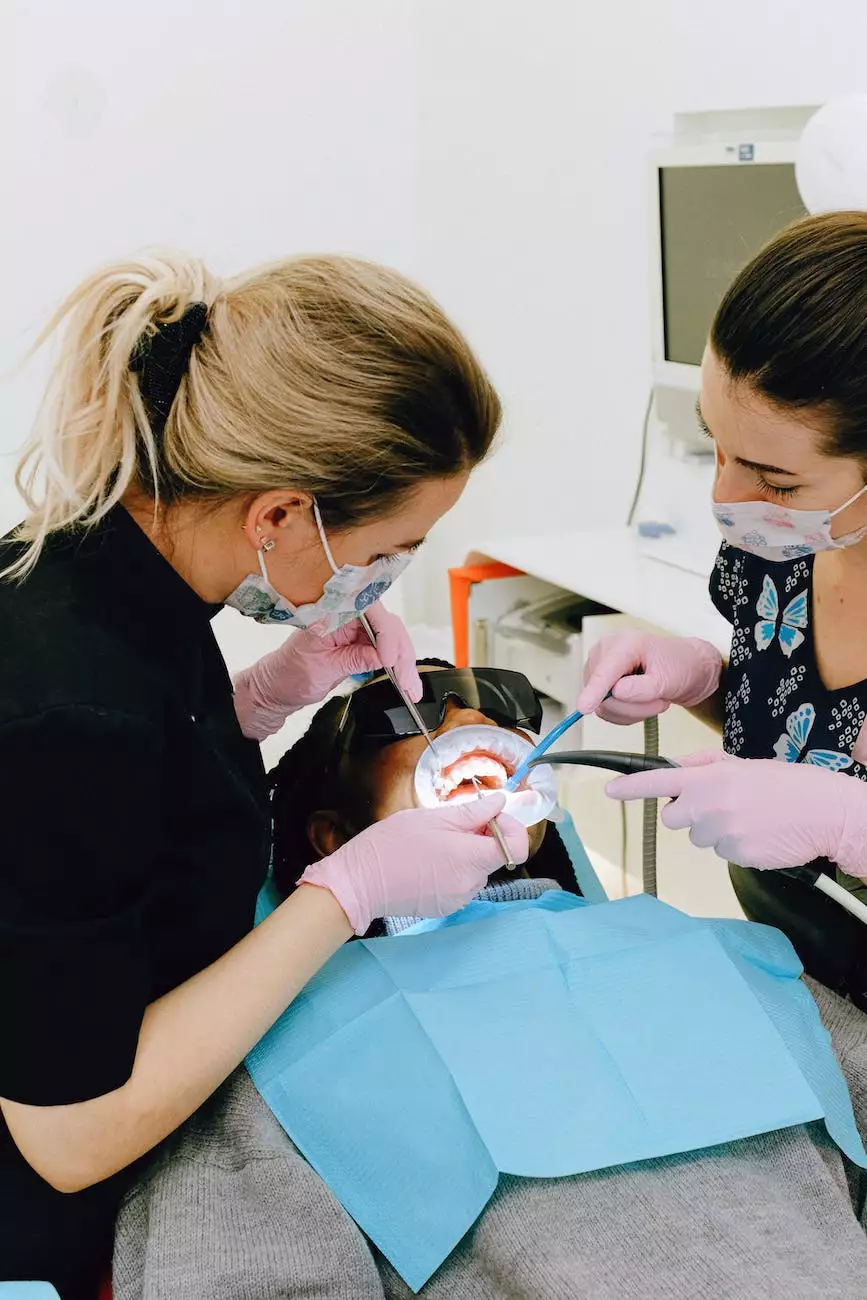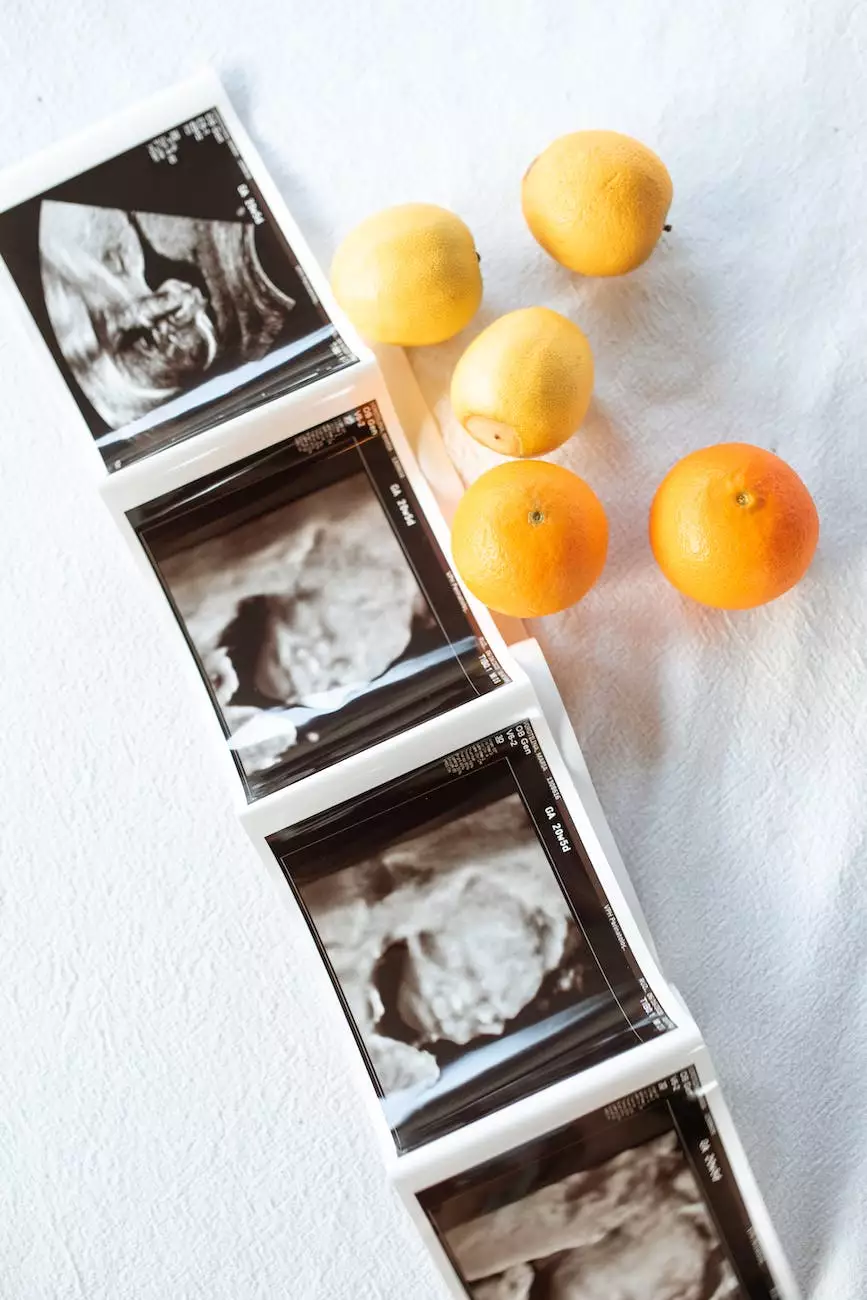When and How to Wash Your Hands
About Us
Introduction
Welcome to Unity Healthcare, your trusted source for pain management care. In our commitment to promoting overall well-being, we understand the significance of proper handwashing. Good hand hygiene plays a vital role in preventing the spread of diseases and maintaining optimal health. In this comprehensive guide, we will discuss the importance of handwashing, when to wash your hands, and how to do it effectively.
The Importance of Handwashing
Handwashing is one of the simplest yet most effective ways to prevent the spread of germs, including bacteria and viruses. Our hands come into contact with countless surfaces throughout the day, collecting various microorganisms. Touching our face, eyes, nose, or mouth can then transfer these harmful pathogens into our bodies, leading to infections and illnesses.
In particular, the current global health crisis has highlighted the critical role of hand hygiene in preventing the spread of COVID-19. Regular handwashing with soap and water for at least 20 seconds, or using a hand sanitizer with at least 60% alcohol, is highly recommended by health experts and authorities worldwide.
When to Wash Your Hands
It is important to wash your hands at several key moments throughout the day to reduce the risk of infection:
Before Food Preparation
Before handling any food, always make sure to wash your hands thoroughly to prevent cross-contamination. This includes washing your hands before cooking, eating, or even handling utensils and dishes.
After Using the Restroom
After using the restroom, it is crucial to wash your hands to eliminate any potentially harmful bacteria or viruses that may have been acquired during the process.
After Coughing, Sneezing, or Blowing Your Nose
Respiratory droplets can easily spread germs to surfaces or other individuals. Proper handwashing after coughing, sneezing, or blowing your nose helps prevent the transmission of respiratory illnesses.
After Touching High-Touch Surfaces
High-touch surfaces such as doorknobs, light switches, and elevator buttons are frequently touched by many people and can harbor germs. Washing your hands after touching these surfaces is an essential preventive measure.
Before and After Taking Care of Someone Sick
If you are caring for someone who is ill, washing your hands before and after attending to their needs is crucial to minimize the risk of spreading any potential infections.
After Handling Pets or Animal Waste
Pets, especially those who go outdoors, can carry germs. After handling pets or cleaning animal waste, handwashing is necessary to prevent the potential transfer of bacteria or parasites.
How to Wash Your Hands Effectively
Proper handwashing technique plays a significant role in maximizing the effectiveness of hand hygiene:
Step 1: Wet Your Hands
Start by wetting your hands thoroughly with clean, running water. Adjust the temperature to your comfort.
Step 2: Apply Soap
Apply a sufficient amount of soap to your hands. You can choose between liquid, bar, or foam soap based on personal preference.
Step 3: Lather and Scrub
Rub your hands together vigorously to create a soapy lather. Make sure to cover all surfaces, including the backs of your hands, between your fingers, and under your nails. This process should take approximately 20 seconds, or the time it takes to sing the "Happy Birthday" song twice.
Step 4: Rinse Thoroughly
Hold your hands under clean, running water to remove the soap and lather. Ensure all soap residue is washed away.
Step 5: Dry Your Hands
Use a clean towel or air-dry your hands. If using a reusable towel, ensure it is regularly washed to maintain cleanliness.
Step 6: Apply Hand Sanitizer (When Needed)
In situations where soap and water are unavailable, using an alcohol-based hand sanitizer with at least 60% alcohol is a suitable alternative. Apply enough sanitizer to cover all surfaces of your hands and rub them together until dry.
Conclusion
Maintaining proper hand hygiene is an essential practice for everyone. Regular handwashing, especially during critical moments, helps reduce the transmission of diseases and keeps you and those around you safe. By following the recommended guidelines and techniques, you can contribute to a healthier environment and decrease the risk of infection.
At Unity Healthcare, your health and well-being are our top priorities. Should you require pain management care or any other medical assistance, our professional team at Pain Management Care, PC is ready to provide you with exceptional care. Contact us today to schedule an appointment.




